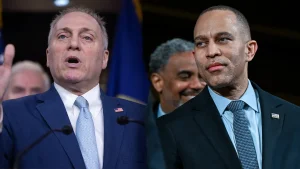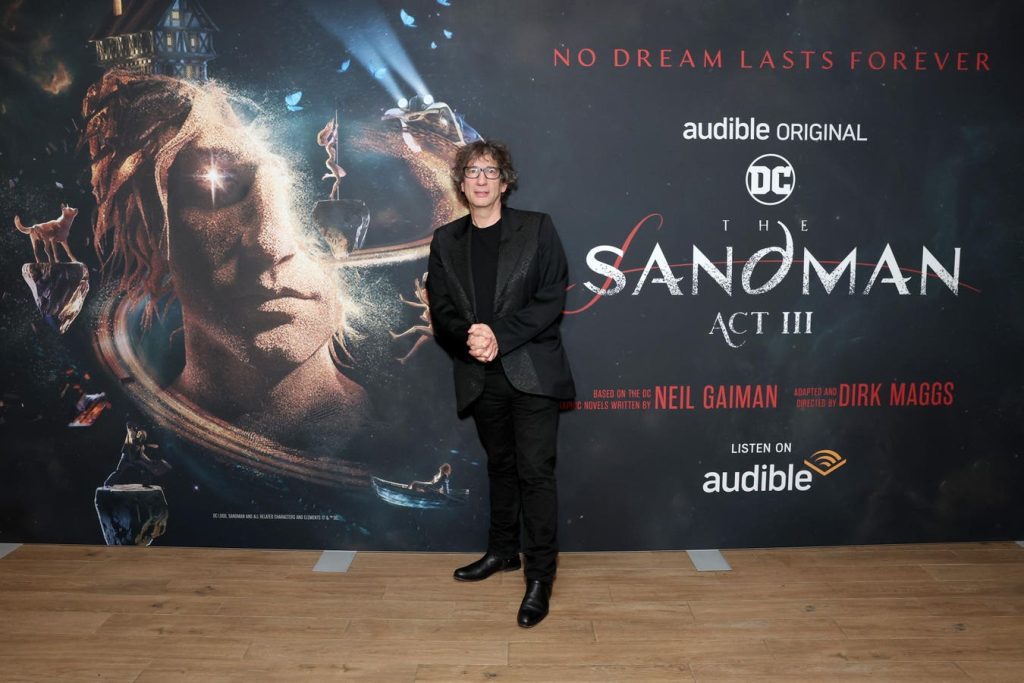Neil Gaiman’s Downfall: From Acclaim to Controversy, a Career in Crisis
Neil Gaiman, once a celebrated figure in the world of fantasy literature and graphic novels, now finds himself embroiled in a storm of controversy that threatens to eclipse his remarkable career. Accusations of sexual assault, detailed in a recent exposé by Vulture and subsequently reported by Variety, have sent shockwaves through the literary and entertainment communities, leaving fans and colleagues grappling with the allegations against the once-beloved author. While the specific details of the accusations remain sensitive and require further investigation, the impact on Gaiman’s professional life has been swift and devastating.
The fallout from these allegations has been far-reaching, impacting multiple projects and partnerships Gaiman had cultivated throughout his career. Amazon Prime Video, the streaming giant behind the popular adaptation of his novel Good Omens, has confirmed Gaiman’s departure from the upcoming final season. Disney, who had been developing a film based on his children’s novel The Graveyard Book, has halted production. Dark Horse Comics, Gaiman’s longtime publisher, has severed ties with the author. These abrupt terminations signal a dramatic shift in the industry’s perception of Gaiman, as erstwhile collaborators distance themselves from the controversy.
Adding to Gaiman’s mounting woes, Netflix has announced that the second season of The Sandman, the critically acclaimed series based on his groundbreaking graphic novel series, will be its last. Although the showrunners have stated that this decision was made prior to the emergence of the allegations, the timing inevitably raises questions about the influence of the controversy on Netflix’s decision-making process. While the showrunners maintain that Season 2 was always intended to conclude Dream’s story arc, encompassing the remaining source material from the comics, the accelerated pace of the adaptation leaves some fans speculating about a rushed conclusion.
Gaiman’s previous outspoken support for the #MeToo movement adds another layer of complexity to the situation. His past statements advocating for survivors and calling for men to listen and support women now stand in stark contrast to the allegations he currently faces. The irony of this contrast has not gone unnoticed, particularly by those who recall his passionate tweets and public pronouncements. While Gaiman’s past advocacy does not negate the seriousness of the current allegations, it underscores the intricate and often paradoxical nature of public discourse surrounding such sensitive issues.
The controversy surrounding Neil Gaiman highlights the ongoing tension between believing survivors and upholding the presumption of innocence. While it’s crucial to provide space and support to those who come forward with allegations of abuse, the legal and ethical principle of presuming innocence until proven guilty remains a cornerstone of a just society. The complexities of these situations underscore the need for thorough investigation and due process before arriving at definitive conclusions. Rushing to judgment based on incomplete information can be detrimental to all parties involved.
The future of Neil Gaiman’s career remains uncertain. The allegations against him have cast a long shadow over his legacy, potentially irreparably damaging his reputation. While his body of work continues to hold cultural significance, the controversy surrounding his personal conduct will undoubtedly shape how his work is perceived and interpreted moving forward. As the legal and investigative processes unfold, the literary world and the entertainment industry grapple with the implications of these accusations, prompting reflection on the responsibilities of artists, the power of accountability, and the complex dynamics of belief and justice in the age of social media.













